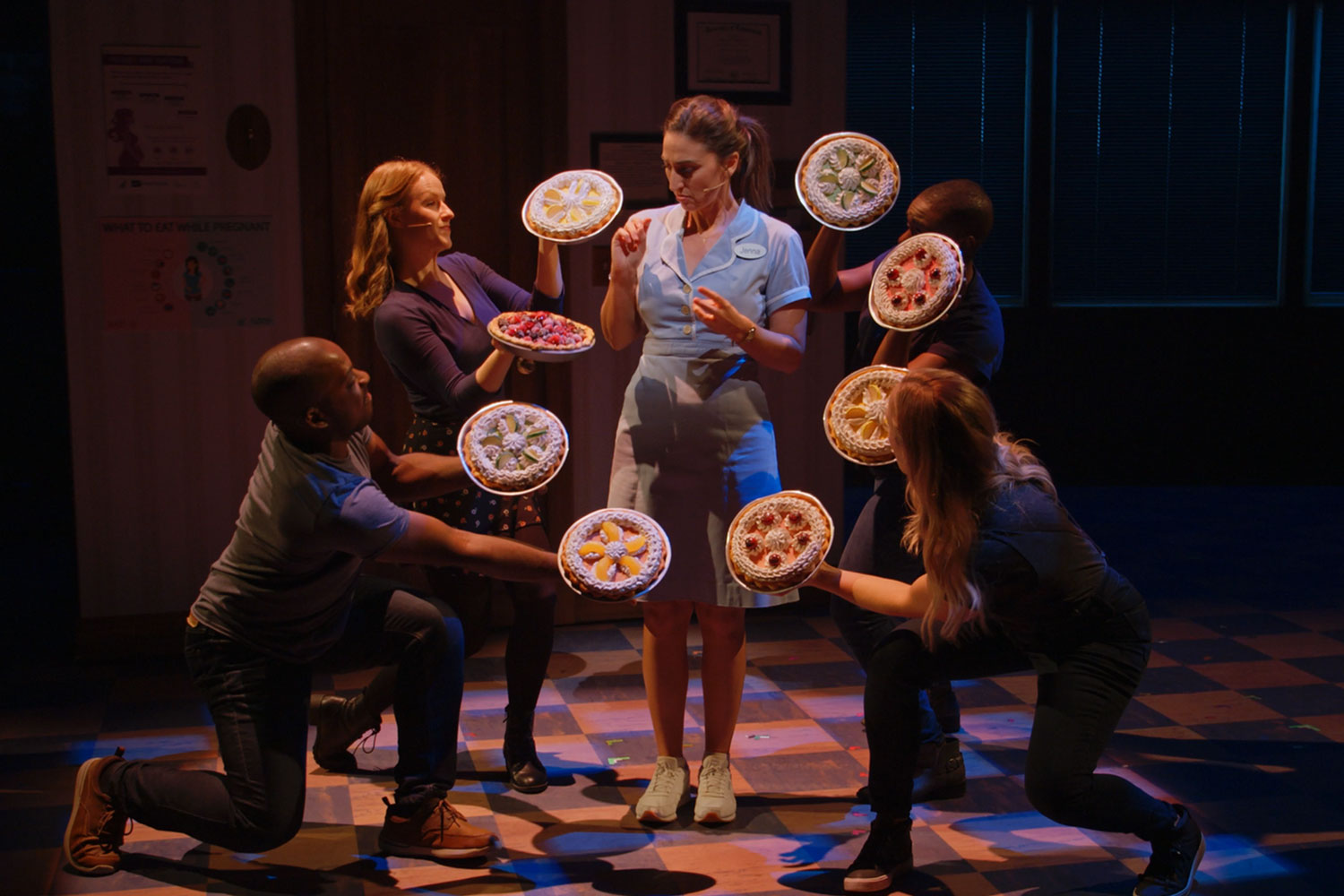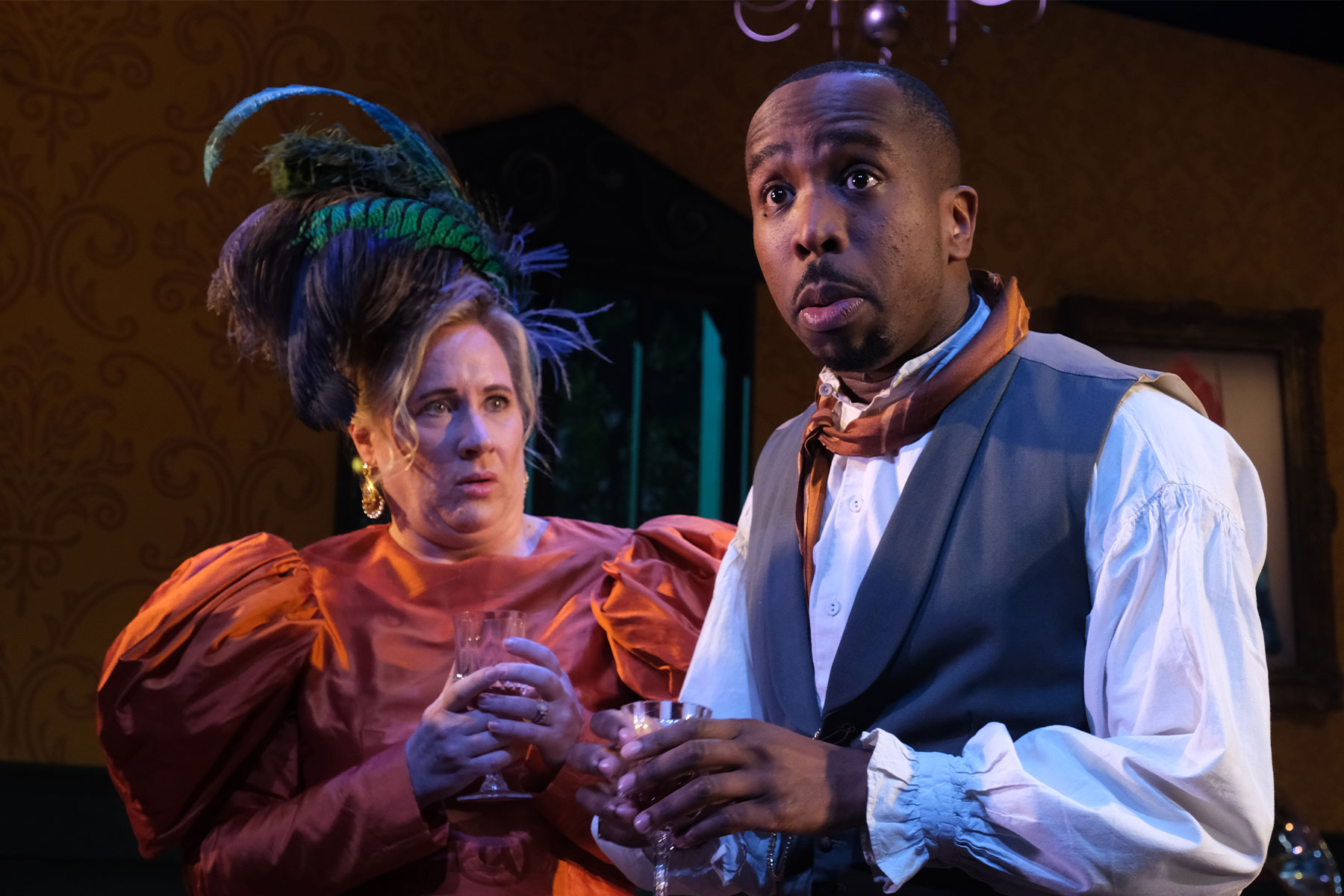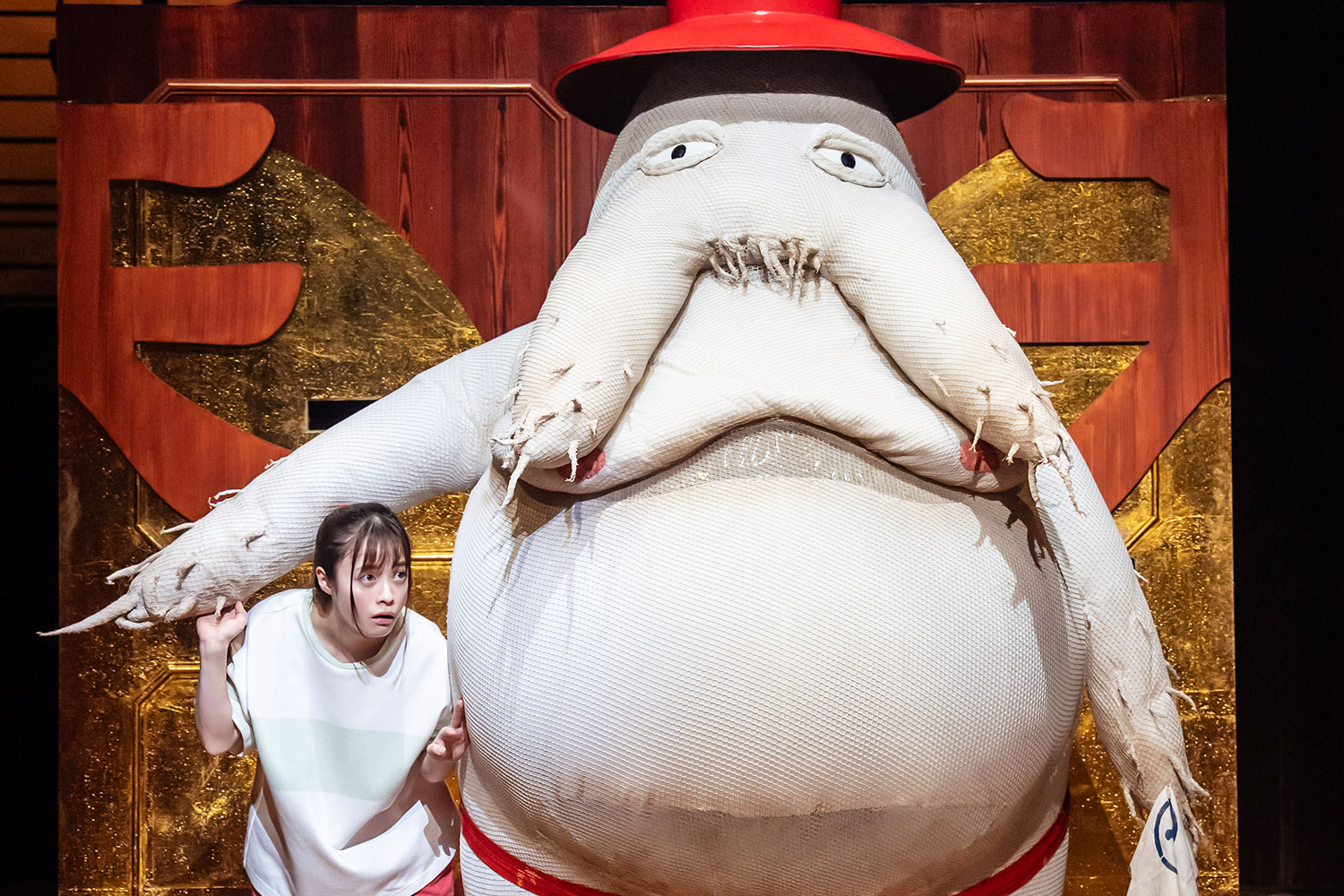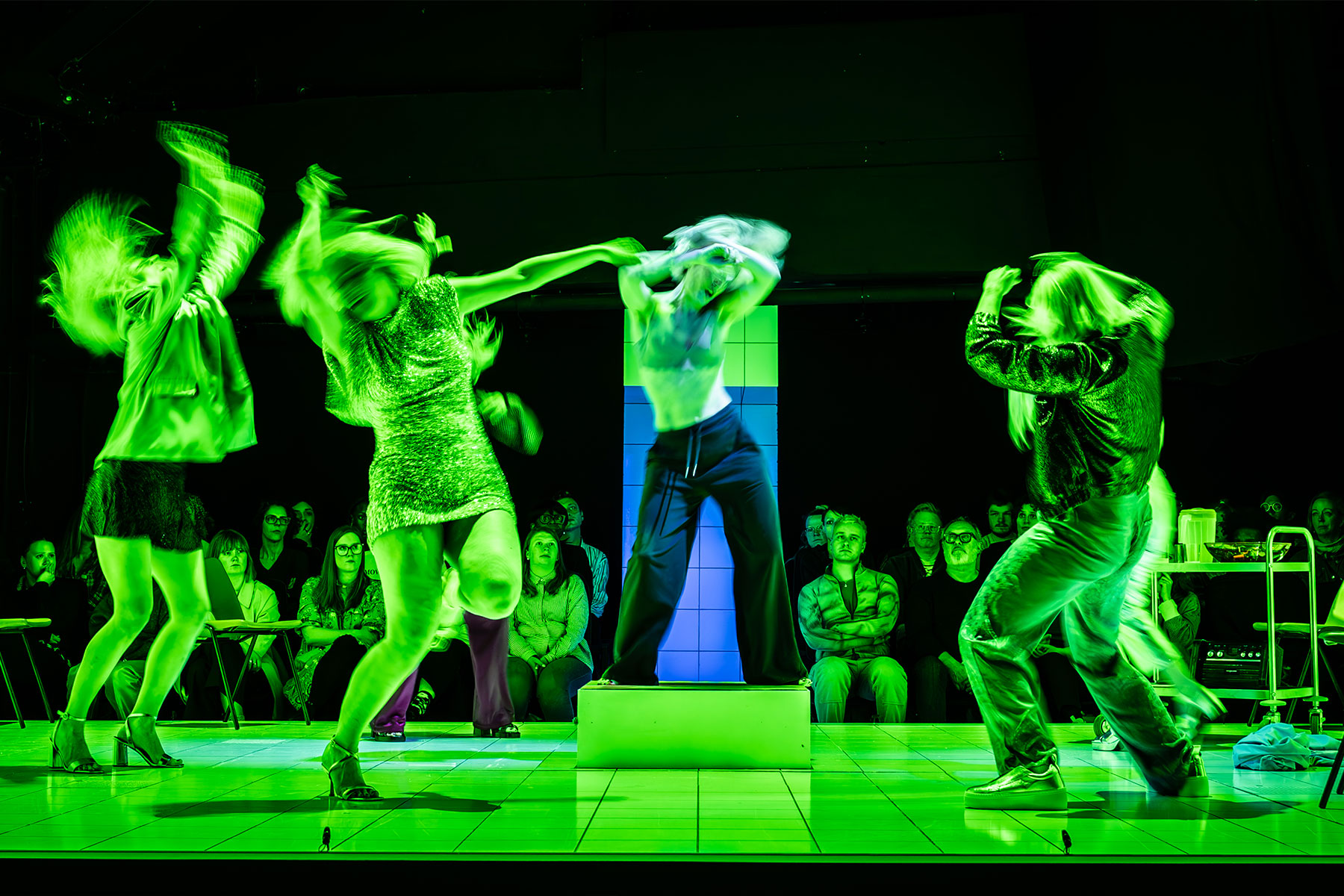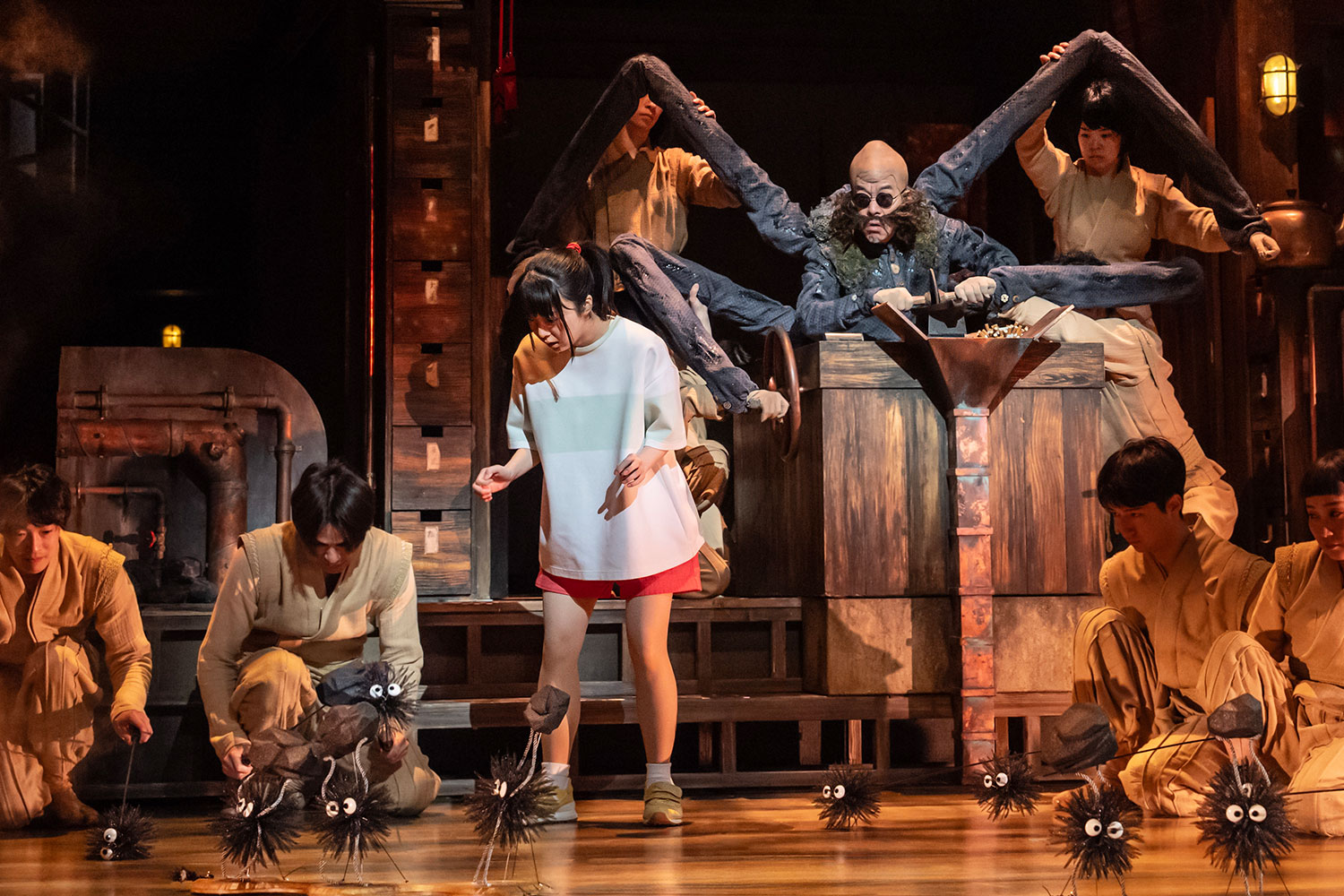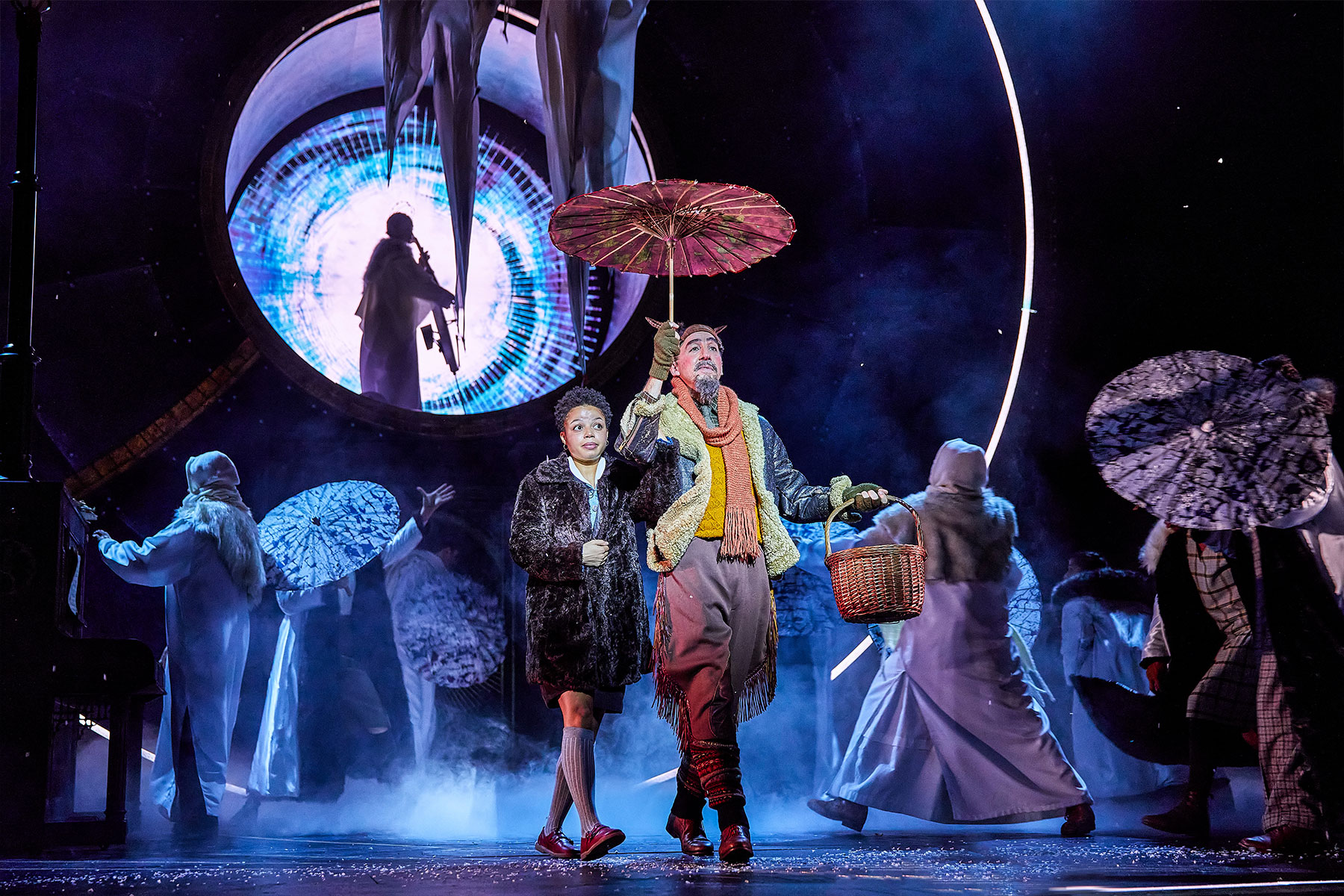When Henry Met Charles
An Audience with Charles Dickens, presented by local professional theatre producer, Derek Grant, and starring the famed Victorian author’s great-great grandson Gerald Dickens, is visiting the Layard Theatre, at Canford School in Canford Magna, as part of a nationwide tour.
In 1848 Henry Layard, while staying at Canford, finished his book “Nineveh and its Remains” and immediately left for Constantinople. By the time he returned to England in July 1851 his book had become a bestseller and he was a much a sought after guest of the rich and famous – Charles Dickens amongst them. In December 1851 Dickens invited Layard to see in the New Year with him. His letter suggests that they had met previously at The Grapes in Wapping and at a reception held by Miss Coutts, an extremely rich heiress and philanthropist.
“TAVISTOCK HOUSE, TAVISTOCK SQUARE, 16th December, 1851.
MY DEAR LAYARD,
I want to renew your recollection of “the last time we parted”–not at Wapping Old Stairs, but at Miss Coutts’s–when we vowed to be more intimate after all nations should have departed from Hyde Park, and I should be able to emerge from my cave on the sea-shore.
Can you, and will you, be in town on Wednesday, the last day of the present old year? If yes, will you dine with us at a quarter after six, and see the New Year in with such extemporaneous follies of an exploded sort (in genteel society) as may occur to us? Both Mrs. Dickens and I would be really delighted if this should find you free to give us the pleasure of your society.
Believe me always, very faithfully yours.”
In 1853 Dickens left England with Wilkie Collins for a holiday in Europe and met Layard in Naples. Dickens later wrote of this in a letter to his Swiss friend M. J de Cerjat:
“TAVISTOCK HOUSE, Monday, Jan 16th, 1854.
Of macaroni we ate very considerable quantities everywhere; also, for the benefit of Italy, we took our share of every description of wine. At Naples I found Layard, the Nineveh traveller, who is a friend of mine and an admirable fellow; so we fraternised and went up Vesuvius together, and ate more macaroni and drank more wine.”
As well as both enjoying conversation and fine dining, Dickens and Layard also shared similar political views. In 1852 Layard had entered politics becoming MP for Aylesbury and Under Secretary at the Foreign Office. Layard was an outspoken critic of the government and became chief spokesman in Parliament for the Administrative Reform Society founded in 1855. Dickens also joined the ARA., motivated by his shock at the government’s irresponsible handling of the Crimean War. He blamed bureaucracy and ‘red-tapism’ for the suffering of British troops in the Crimea and believed passionately in administrative reform as a national issue. In a letter to Miss Emily Gotshalk (2 May 1853), he wrote:
”‘This is a world of action where everyone has a duty to fulfil, a part to play’”
The growth of the friendship between Layard and Dickens is shown in the following letter written in the year before Dickens’s death. It was soon soon after Layard had married Enid Guest of Canford and had sent a present of Venetian champagne tumblers to Dickens:
” OFFICE OF ‘ALL THE YEAR ROUND’ Saturday, 13th March, 1869
MY DEAR LAYARD,
Coming to town for a couple of days, from York, I find your beautiful Present. With my heartiest congratulations on your marriage, accept my most cordial thanks for a possession that I shall always prize foremost among my worldly goods; firstly, for your sake; secondly, for its own.
Not one of these glasses shall be set on table until Mrs. Layard is there, to touch with her lips the first champagne that any of them shall ever hold! This vow has been registered in solemn triumvirate at Gad’s Hill.
My dear Layard, ever cordially yours.”
An Audience with Charles Dickens plays at the Layard Theatre, Canford Thursday 20 January 2011



